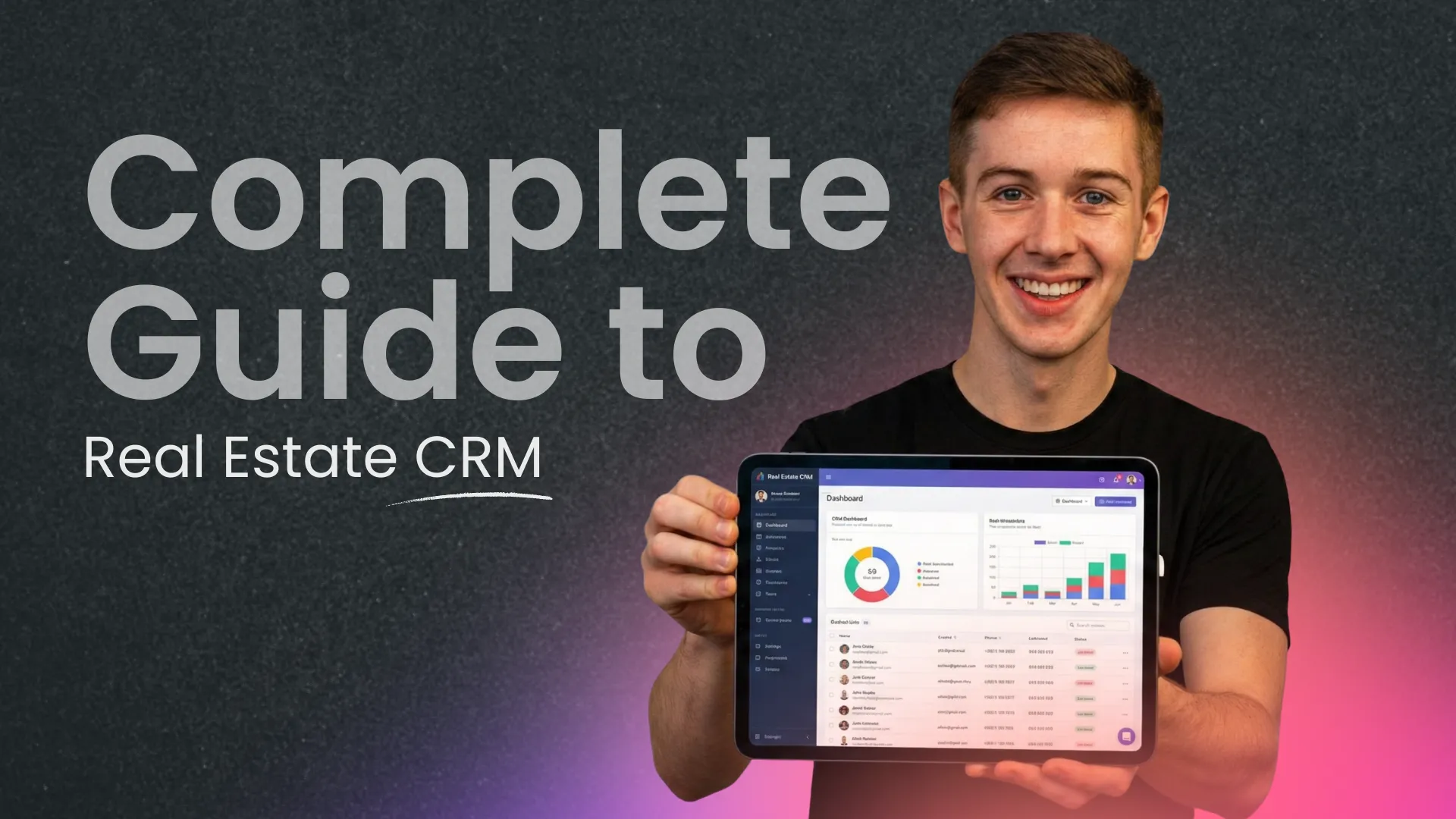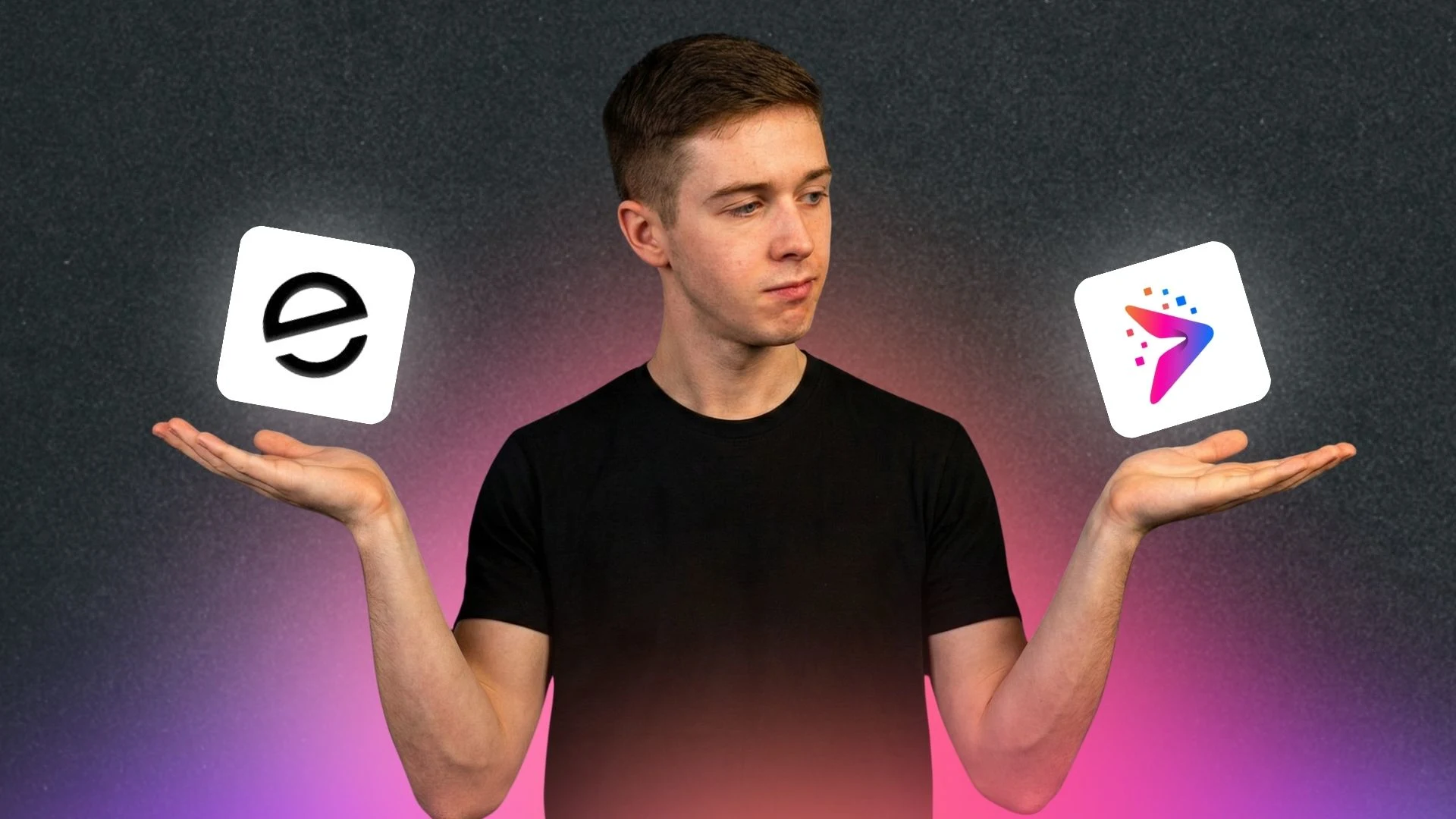
In today’s competitive app market, simply offering a great product isn’t enough. Users crave connection, engagement, and a sense of belonging. That’s why building a community around your app is more than a marketing tactic—it’s a long-term strategy for success. A vibrant user community can significantly boost engagement, reduce churn, increase lifetime value, and transform users into loyal brand advocates.
This guide will walk you through the why, how, and what of community building around your app—complete with strategic advice and practical tables.
Launch Your App Today
Ready to launch? Skip the tech stress. Describe, Build, Launch in three simple steps.
BuildWhy Build a community?
A well-established community around your app can:
- Enhance user retention
- Reduce support costs
- Generate user-led innovation
- Increase organic user acquisition
Table 1: Benefits of Building a User Community
| Benefit | Description |
| Increased Engagement | Community members participate regularly, increasing time spent on the app. |
| Organic Growth | Advocates refer others, leading to user acquisition without paid ads. |
| Product Feedback | Users suggest features or report bugs early, helping refine the app. |
| Brand Loyalty | Connected users are more likely to stay and promote your brand. |
| Cost Savings | Active communities reduce the need for customer service overhead. |
Fostering a Sense of Belonging
People engage more with apps that make them feel valued and part of something bigger.
Strategies:
- Host regular virtual meetups or webinars.
- Create interest-based groups within your app.
- Enable user-generated content (UGC) like tips, stories, or reviews.
Encouraging Brand Advocacy
Brand advocates—those passionate about your app—can become your most powerful marketers.
Tips to Encourage Advocacy:
- Offer referral incentives.
- Recognize active community contributors.
- Create a “Super User” or “Ambassador” program.
Table 2: Brand Advocacy Incentives
| Incentive Type | Examples | Purpose |
| Financial Rewards | Cash bonuses for referrals | Motivation |
| Exclusive Access | Early access to features, beta testing | Value & Recognition |
| Public Recognition | Leaderboards, shoutouts on social media | Social validation |
| Swag and Merchandise | Branded shirts, mugs, digital badges | Tangible loyalty reinforcement |
Gathering and Utilizing Feedback
A community gives you direct access to what users think. Use this to fuel iterative improvements.
Feedback Channels:
- In-app surveys
- Discussion forums
- Social media polls
- User interviews
Best Practices:
- Acknowledge user feedback publicly.
- Create a roadmap board showing what’s being built and why.
- Notify users when their suggestions are implemented.
User Engagement Strategies
To build community, you must first keep users engaged on a regular basis.
1. Creating Interactive Content
Interactive features create excitement and increase time spent in your app.
Examples:
- Quizzes to discover features
- Daily challenges or goals
- Opinion polls tied to app updates
2. Maintaining Regular Communication
Keep the community informed and involved.
Communication methods:
- Monthly newsletters
- Push notifications with helpful tips
- Personalized onboarding and milestone emails
3. Leveraging Social Media Platforms
Extend the community to platforms where users already spend time.
Use platforms like:
- Instagram for stories and visuals
- Twitter for updates and polls
- Discord or Telegram for real-time community chats
Implementing In-App Community Features
Embedding social and collaborative elements directly into your app drives deeper engagement.
In-App Community Tools:
- Comment sections under posts or features
- Forums by topic or user level
- Gamification via points, badges, and levels
Table 3: In-App Community Feature Ideas
| Feature Type | Example | Purpose |
| Discussion Forum | Ask-me-anything section for new users | Peer support and onboarding help |
| Group Chat | Real-time event discussions | Social bonding and excitement |
| User Profiles | Personalized bios, activity feeds | Builds identity within the community |
| Gamification | Badges, rankings, rewards | Motivation through achievement |
Strategies for App User Retention
Community drives retention—but only if the overall experience supports it.
1. Optimize the Onboarding Experience
The first impression matters. Make sure users experience the app’s value quickly.
Best practices:
- Use short tutorials or tooltips
- Let users skip or revisit onboarding
- Personalize onboarding based on user intent
2. Deliver Personalized Experiences
Leverage analytics to serve relevant content.
Examples:
- Recommending features based on past behavior
- Displaying personalized banners or messages
- Sending milestone notifications (e.g., “You’ve been here 100 days!”)
3. Implement Reward Systems
Loyalty rewards turn routine usage into habit-forming behaviors.
Table 4: Reward System Structures
| Type | Description | Example |
| Point-based | Users earn points for actions | 10 points per login or activity |
| Tiered | Levels unlock new benefits | Bronze, Silver, Gold users |
| Achievement-based | Earn badges for completing challenges | “First Share” or “10 Day Streak” |
| Surprise Rewards | Unpredictable rewards for engagement | Mystery gifts, easter eggs |
Establishing a Feedback Loop
Create clear paths for users to express opinions and suggestions.
Feedback Loop Process:
- Collect: Use surveys, in-app prompts, social channels.
- Analyze: Identify trends and common requests.
- Act: Implement feasible suggestions.
- Report: Let users know what changes were made thanks to their input.
Community Building for Apps
Building a community isn’t accidental—it’s strategic and intentional.
1. Identify Your Audience
Use analytics tools to identify user demographics, behavior patterns, and key needs.
2. Create a Safe and Inclusive Space
A respectful environment is key to sustained engagement.
Moderation essentials:
- Clearly defined community guidelines
- Automatic filters for offensive language
- Active moderators or AI tools for enforcement
3. Facilitate Meaningful Connections
Go beyond app-user relationships—connect users with each other.
Host:
- Webinars with guest experts
- Peer-learning sessions
- Topic-specific discussion threads
4. Highlight User Stories
Feature your users to inspire others and humanize your brand.
Table 5: Formats for Featuring User Stories
| Format | Description | Engagement Benefit |
| Blog Articles | Deep-dive into success stories | SEO + Authentic storytelling |
| Social Posts | Quick testimonials with visuals | Shareability |
| In-App Spotlights | Showcase users in the app homepage | Recognition + Role Modeling |
| Video Interviews | Face-to-face experience sharing | High engagement & trust |
Measuring Community Success
How do you know your community-building strategy is working? Track the right metrics.
Key Metrics to Track:
1. Engagement Rate
Track how many users interact with your content (comments, likes, shares).
2. Retention Rate
Monitor how many users remain active over time (daily, weekly, monthly).
3. Community Growth
Measure the number of new members joining and becoming active participants.
4. Sentiment Analysis
Use surveys and AI tools to analyze how users feel about your app and community.
5. Feedback Implementation Rate
Track how much community feedback results in actual changes.
Table 6: Community Health Metrics
| Metric | Description | Tool Suggestions |
| Daily Active Users (DAU) | Number of users participating daily | Firebase, Mixpanel, Amplitude |
| Churn Rate | % of users who stop using the app | Cohort analysis via analytics tools |
| Feature Adoption Rate | % of users using newly released features | Hotjar, Heap |
| Net Promoter Score (NPS) | How likely users are to recommend your app | In-app NPS surveys |
| Content Engagement | Comments, likes, shares on community posts | Social platforms, in-app analytics |
Conclusion
Community is the lifeblood of modern apps. It’s not just about communication—it’s about creating an ecosystem of engaged, loyal, and enthusiastic users. A thriving app community doesn’t happen overnight, but with the right strategies—such as encouraging interaction, using rewards, gathering feedback, and measuring success—you can build a loyal following that grows alongside your app.
Start investing in your app’s community today. The returns—in user retention, engagement, and advocacy—are worth it.
Launch Your App Today
Ready to launch? Skip the tech stress. Describe, Build, Launch in three simple steps.
Build





